Stay logged in to proceed with bookings, orders and offers.
On changing the terminal, you will loose items in your cart. Are you sure you want to change your terminal?
Find love and language at this three-day festival
It was a pleasant Sunday afternoon in early December of 2022. Major Dhyanchand Stadium of Delhi was encircled by a 500 m long eager queue. As I got down, the auto-wallah asked me, “Madam, what’s this long line for? I’ve not seen such a queue here in a long time,” I smiled, falling short of an answer. I took a pause and told him, “Urdu bhasha ka jashn ho raha hai (This is a celebration of the Urdu language)." He nodded and waved goodbye with a sweet “achha mem ji” and left, disappearing on Delhi’s enormous roads. I, still smiling, scurried my way into the queue, hoping to make it inside before a guftagu I really looked forward to.
This was my introduction to Jashn-e-Rekhta, India’s most prominent Urdu literature festival that celebrates all facets of Urdu through various art forms. These art forms include ghazals, qawwali, Sufi music, and more, which all come together as a gracious medley of romance, beauty, and finesse. It is organised by the Rekhta Foundation, which works towards the preservation and promotion of the Urdu language and its literary culture.
Read More
Read Less
The three-day festival sees many visitors from across the country, all looking forward to hearing a renowned author narrating a ghazal or learning about the experiences of their favourite theatre actor. What drew me to Jashn-e-Rekhta this year was the sit-down conversation with Ratna Pathak Shah and Naseeruddin Shah, two personalities that share a love for theatre, life, and the Urdu language. Standing there in the crowd, listening to Ratna ji share anecdotes of her journey in learning Urdu cradled me right into the warmth of a breezy summer day. For a moment, it felt as if my mother was narrating stories of her youth to me under the shade of a mango tree. The conversation ended an hour later, with Naseer saheb narrating a fierce poem by renowned poet, Faiz Ahmad Faiz.
As I walked away from the stage with bits and pieces of the guftagu echoing in my head, I watched the sky turn pink, orange, and grey at last. I couldn’t help but think about the day I had just witnessed, drawing lessons of love, films, and even the struggles of life in a delicately woven fabric of Urdu.
Over the years, many renowned Urdu writers, along with prominent names from the film, music, and TV industry have attended and participated in Jashn-e-Rekhta. Some notable names include Gulzar, Imtiaz Ali, Irrfan Khan, Nandita Das, Nawazuddin Siddiqui, Sharmila Tagore, and Nida Fazlil. Surprising, isn’t it? Even with all these personalities that we recognise, Jashn-e-Rekhta is barely heard of.
Well, that’s certainly not the case when you visit the festival. During my tryst with the fest, I could see the venue bursting with poetry, colours, music, and most importantly, people. The crowds narrated renowned ghazals alongside the performers, sang songs, and read books that challenged their verbal and literary palettes. Looking at it all, my heart rejoiced to learn that this niche has quite the following in the country.
While a musical performance by Pratibha Singh Baghel and the conversation between the Shah couple were my highlights of the festival, Jashn-e-Rekhta dives deeper and soars higher than that. On a nearby stage, hundreds were engrossed in the beautiful conversation between Javed Akhtar and Shabana Azmi. In 2016 and 2017, Gulzaar saheb swept listeners off their feet with his collection of sher-o-shayari. In 2018, Waseem Barlevi ji set the audience cheering with his choicest poems. Whereas in 2019, Rahat Indori ji’s passionate narrations were nothing short of a festival in themselves.
Transcending the genres of spoken word (which has always been a thing in South Asia), the Jashn also makes way for book readings, writing workshops, discussions, and masterclasses. The most recent celebration saw masterclasses in Urdu shayari and ghazal writing. The workshops in the past had also brushed around the niches of calligraphy, poetry writing, and more. College students to men and women taking a weekend break from their busy lives, participated in the mini workshops to learn, converse, and write.
Just like poetry and music, another slice of life that brings everyone together is food. And Jashn-e-Rekhta serves well on that front too. At one end of the premises, I entered a vibrant, bustling playground with jam-packed stalls serving everything, from masala chai to piping hot jalebis and stuffed kachoris. I walked to Cool Point to have Old Delhi’s famous shahi tukda with a side of rabri. Had I had the appetite for more, I would have tried more. From moong and paneer chilas to chhole bhature, and ghee roast dosas to tilli wali kulfi, the ground teemed with regional dishes and Delhi delights perfect for the pink winter weather.
At this point, I should mention the design of the venue. With one main stage, three secondary stages, a crafts bazaar, a book bazaar, and a food bazaar, Jashn-e-Rekhta offered a sensory experience for the entire time I was there. Each stage rang with music or words, each bazaar offered something to shop for, gift, or devour, and each little corner was painted blithe with visitors. The long walkway from the entry gate to the stages was made worthwhile with renowned shers, while at many corners, upcoming artists narrated their poems and sang their songs. It was easy to find purpose and amusement at the festival, and isn’t that how every Jashn should be?
Jashn-e-Rekhta is a festival for all. If you’re a poetry and Urdu fanatic, you will probably have a better time. However, there’s something for everyone at this Jashn. It introduces you to a different slice of life, dipped in romanticism and embellished in prosaic beauty.
The event unfurls for three days during the winter and is usually hosted in central Delhi. To stay updated on the fest, you can follow @jashnerekhtaofficial on Instagram.
If you are new to the world of nazms and ghazals, here are some recommendations to get you started. On a lazy Saturday afternoon, brew yourself some tea and go online to read the works of Ahmad Faraz, Faiz Ahmad Faiz, Mirza Ghalib, Parveen Shakir, Mir Taqi Mir, Jaun Elia, and Rahat Indori. If you like the traditional way of things, you can read Celebrating the Best of Urdu Poetry by Khushwant Singh and A Thousand Yearnings: A Book of Poetry and Prose by Ralph Russell.
While this was my first time at Jashn-e-Rekhta, it definitely won’t be the last. As I write this, I feel bittersweet to have missed personalities like Irrfan Khan and Gulzar on Rekhta’s stage. While some may return, some cannot– but as long as there is shayari, it’s all alright. Before I go, here are some lines from my favourite ghazal.
Kitne aish se rehte honge, kitne itraate honge
Jaane kaise log vo honge, jo usko bhaate honge
Uski yaad ki *baad-e-saba me aur to kya hota hoga,
Yun hi mere baal hai bikhre, aur bikhar jaate honge
Yaaron, kuch to haal sunao uski qayamat baahon ka–
Vo jo simat-te honge unn me, vo to marr jaate honge
*a refreshing wind
-Jaun Elia sahab (1931-2002)
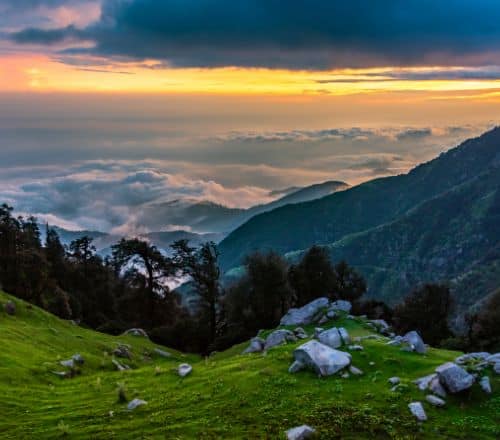
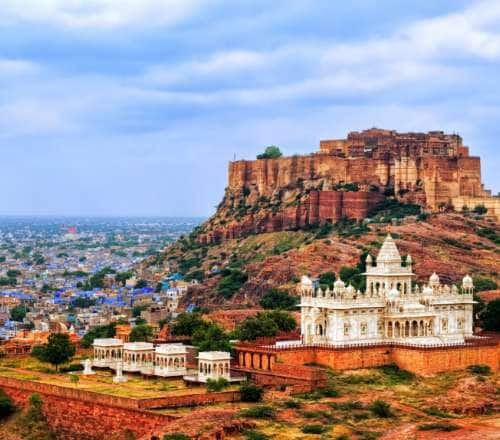
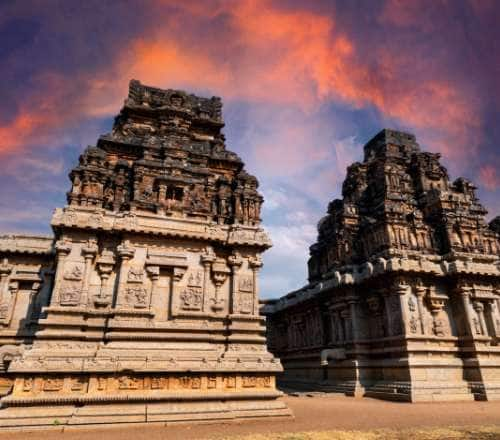
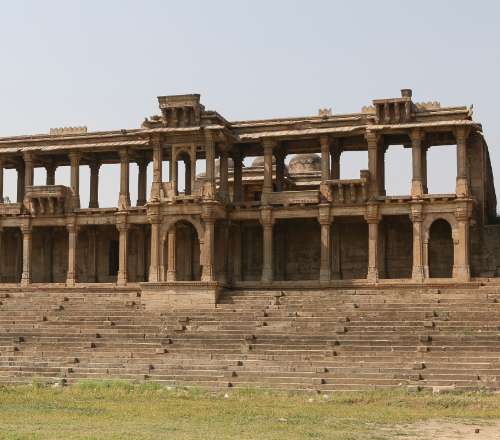
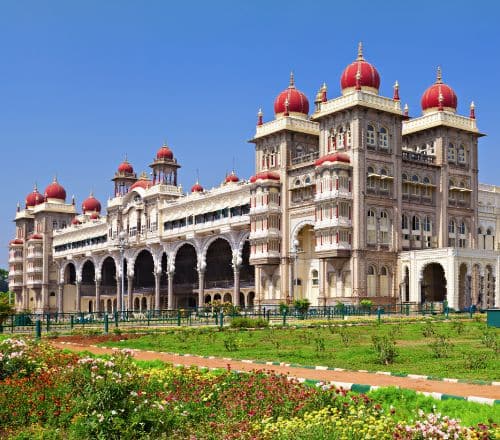
The Adani One expressly disclaims all liability, direct and indirect, in respect to actions taken or not taken based on any or all the contents of this Blog. The Blog is an opinion of the contributor based on the collation of data from various sources and is provided only for information purpose. Adani One does not canvass, advertise, solicit, invite or induct for any product, merchandise, information, brand or any other materials mentioned in the Blog, nor does it obtain any monetary benefit from the same. Reader is advised to read and apply his/her intellect and discretion in this regard. Any Intellectual Property mentioned in this blog belongs to the rightful owner. We do not intent to claim any interest over the same.